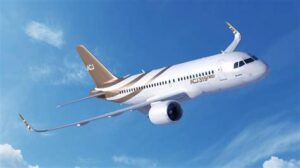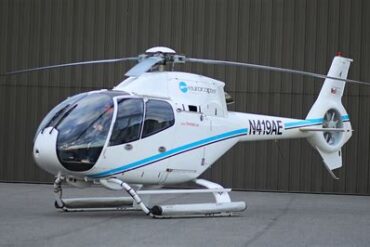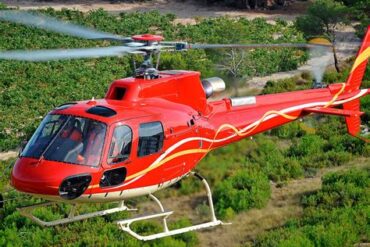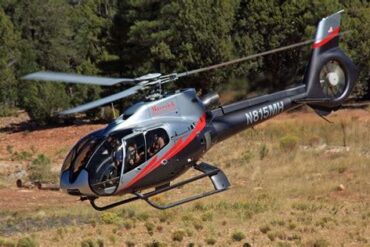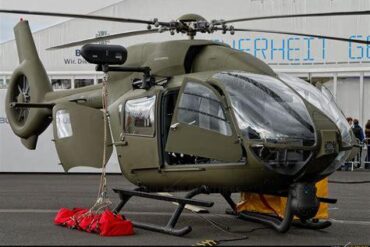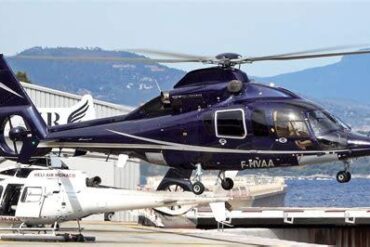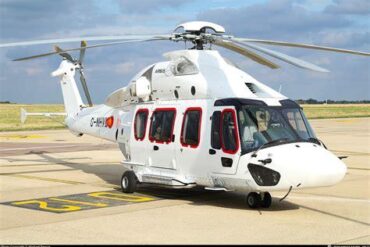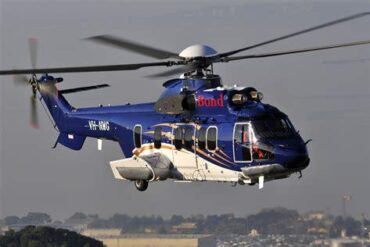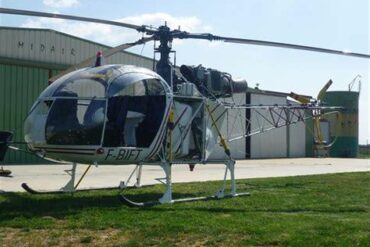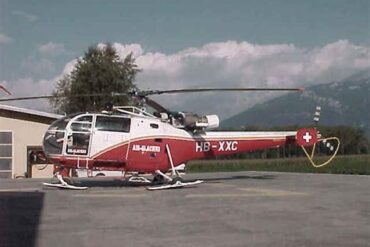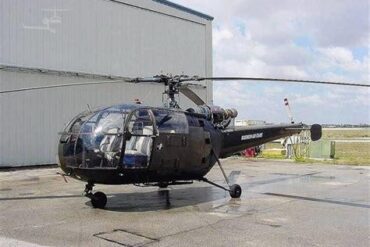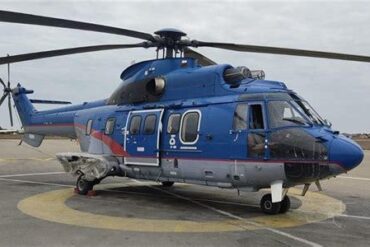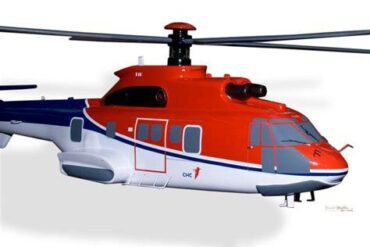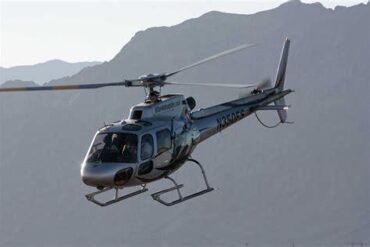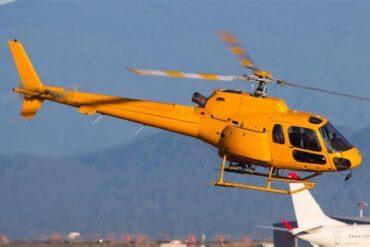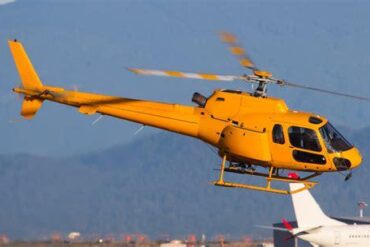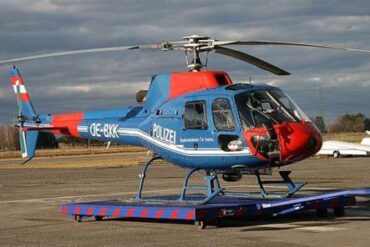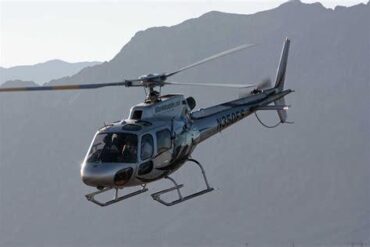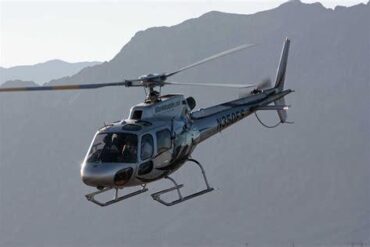The Airbus ACJ319, a member of the Airbus Corporate Jets family, is synonymous with luxury and performance in the realm of business aviation. As a derivative of the highly successful A320 family, the ACJ319 offers a unique blend of advanced technology, spacious interiors, and exceptional range. This article delves into the price and operating costs associated with the ACJ319, providing potential buyers and operators with comprehensive insights.
Understanding the Airbus ACJ319
Before diving into costs, it’s essential to understand what the Airbus ACJ319 represents in the aviation market. This aircraft is designed for VIP transport, offering an impressive range and a cabin that can be customized to suit the needs of its passengers. With a typical seating capacity of 19 to 50 passengers, the ACJ319 can be configured for comfort, with features such as private bedrooms, conference areas, and lounges.
Specifications Overview
-
Length: 33.84 meters (111 ft 0 in)
-
Wingspan: 34.10 meters (111 ft 10 in)
-
Height: 11.76 meters (38 ft 7 in)
-
Max Takeoff Weight: 78,000 kg (171,961 lbs)
-
Range: Up to 6,000 nautical miles (11,100 km)
These specifications underscore the ACJ319’s capabilities, making it a competitive choice for those seeking long-range travel without compromising on luxury.
Purchase Price of the Airbus ACJ319
The purchase price of an Airbus ACJ319 can vary significantly based on several factors, including customization, age, and market demand. On average, the price of a new ACJ319 is approximately $80 million to $90 million. However, when considering a pre-owned model, prices can range from $30 million to $70 million, depending on its condition and the level of customization.
Factors Affecting Purchase Price
-
Customization: The level of interior customization significantly influences the overall price. Buyers can opt for bespoke interiors, advanced technology, and luxury amenities, which can add millions to the base price.
-
Aircraft Age: Newer aircraft generally command higher prices. Older models, while more affordable, may require more maintenance and upgrades.
-
Market Conditions: Economic factors and market demand can also affect pricing. During economic downturns, prices may decrease, while a booming economy may drive prices up.
Operating Costs of the Airbus ACJ319
Operating costs are a critical consideration for any prospective buyer. Understanding these costs helps operators budget effectively and maintain financial viability. The key components of operating costs include fuel, maintenance, crew salaries, insurance, and hangar fees.
Fuel Costs
Fuel is one of the most significant expenses associated with operating an ACJ319. With an average fuel consumption of approximately 2,500 liters per hour (660 gallons), fuel costs can be substantial. At current fuel prices averaging $3 per gallon, operators can expect to spend around $1,980 per flight hour on fuel alone.
Maintenance Costs
Maintenance costs for the Airbus ACJ319 can vary based on flight hours and usage. Routine maintenance is essential to ensure safety and compliance with aviation regulations. Operators can expect to budget approximately $300,000 to $500,000 annually for maintenance, including scheduled inspections, parts replacement, and labor.
Scheduled Maintenance
-
A Checks: These occur approximately every 400 flight hours and can cost around $20,000 each.
-
B Checks: Conducted every 800 flight hours, B Checks are more extensive and can cost up to $50,000.
-
C Checks: Every 20 months or 4,000 flight hours, C Checks are comprehensive and can range from $200,000 to $600,000 depending on the work needed.
Crew Salaries
Hiring qualified pilots and cabin crew is crucial for the operation of the ACJ319. The cost of crew salaries can vary widely based on experience and location. For a typical operation, budget around $250,000 to $400,000 per year for two pilots and a small cabin crew, which includes salaries, training, and benefits.
Insurance Costs
Insurance is another significant cost for aircraft operations. The annual insurance premium for an ACJ319 typically ranges from $50,000 to $100,000, depending on coverage levels and the operator’s safety record.
Hangar Fees
Storing the ACJ319 at an airport facility incurs hangar fees, which can vary by location. In major metropolitan areas, hangar fees can reach $10,000 to $30,000 per month. In contrast, smaller airports may charge significantly less, but availability can be a concern.
Total Operating Costs
Taking into account all of the above factors, the total operating costs for an Airbus ACJ319 can be estimated at around $1.5 million to $3 million annually, depending on usage patterns and operational efficiency. When broken down into hourly costs, operators can expect to pay approximately $5,000 to $8,000 per flight hour.
Cost-Benefit Analysis
When considering the purchase and operation of the Airbus ACJ319, it is crucial to conduct a thorough cost-benefit analysis. While the initial investment and operating costs are significant, the benefits of owning a private jet—such as time savings, flexibility, and comfort—often outweigh these costs for high-net-worth individuals and corporations.
Advantages of Operating an ACJ319
-
Time Efficiency: Private jets allow for direct flights to many locations, reducing travel time significantly compared to commercial airlines.
-
Comfort and Privacy: The ACJ319 can be tailored to personal preferences, offering a level of comfort and privacy not available in commercial travel.
-
Flexibility: Operators can set their schedules, enabling last-minute changes and optimizing travel itineraries.
Conclusion
The Airbus ACJ319 stands out as a premier choice for those seeking a balance between luxury and functionality in business aviation. With a purchase price ranging from $30 million to $90 million and operating costs averaging $1.5 million to $3 million annually, the ACJ319 represents a substantial investment. However, the benefits of increased flexibility, comfort, and efficiency make it an attractive option for discerning travelers. As the demand for private air travel continues to grow, understanding the financial implications of owning and operating an ACJ319 becomes essential for potential buyers and operators.
